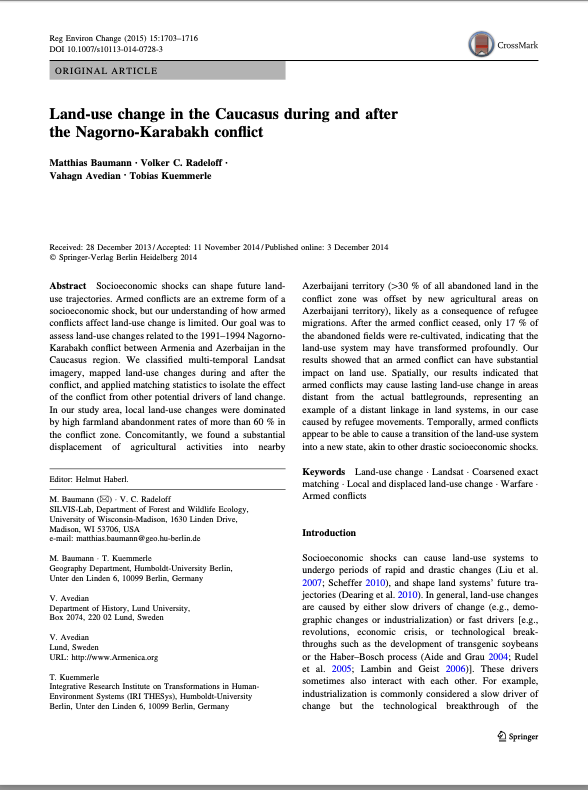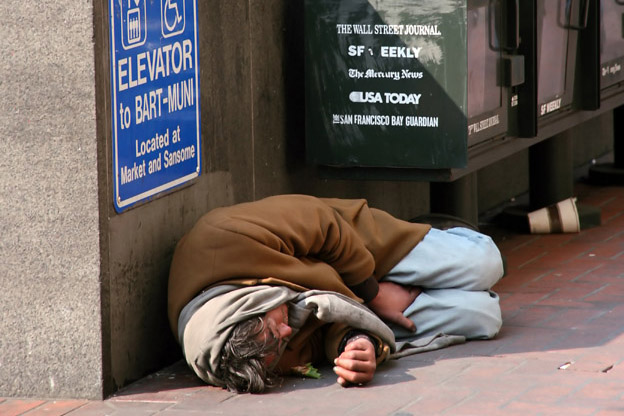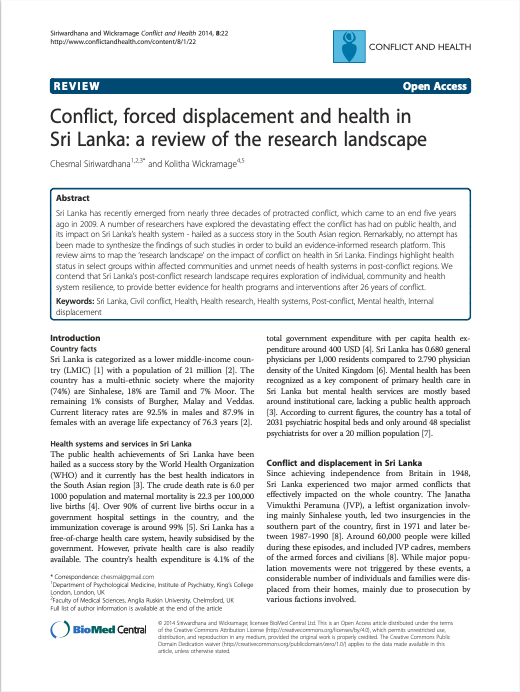Where is genuine peace? - A critique of the peace process in Karenni State
A new report by the Karenni Civil Society Network (KCSN) raises concerns about
international “peace support” programming amid
st increasing Burma Army militarization in
Karenni State after the2012 ceasefire with the
Karenni National Progressive Party (KNPP).
The report “Where is Genuine Peace?” exposes how a pilot resettlement project of the







